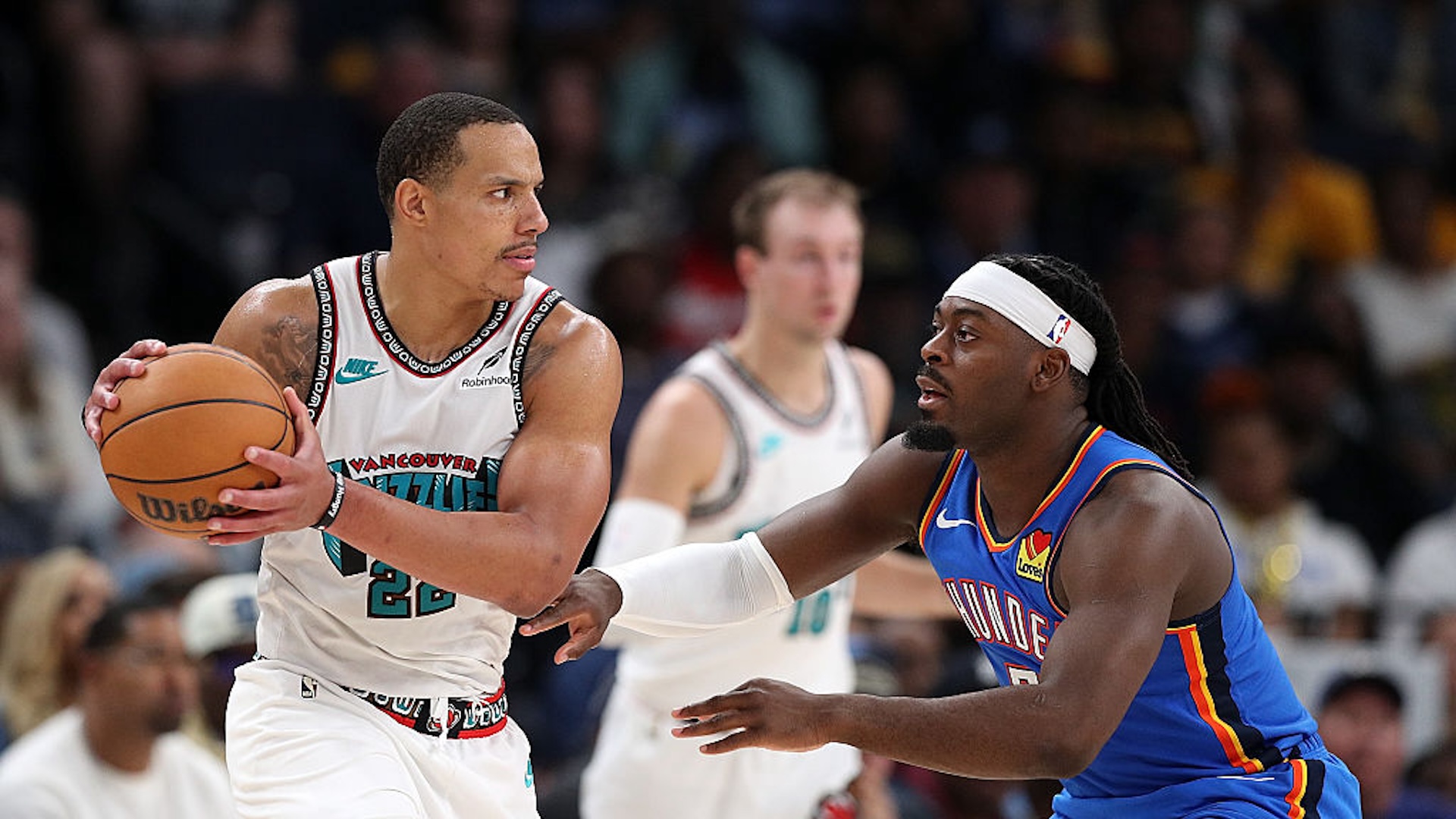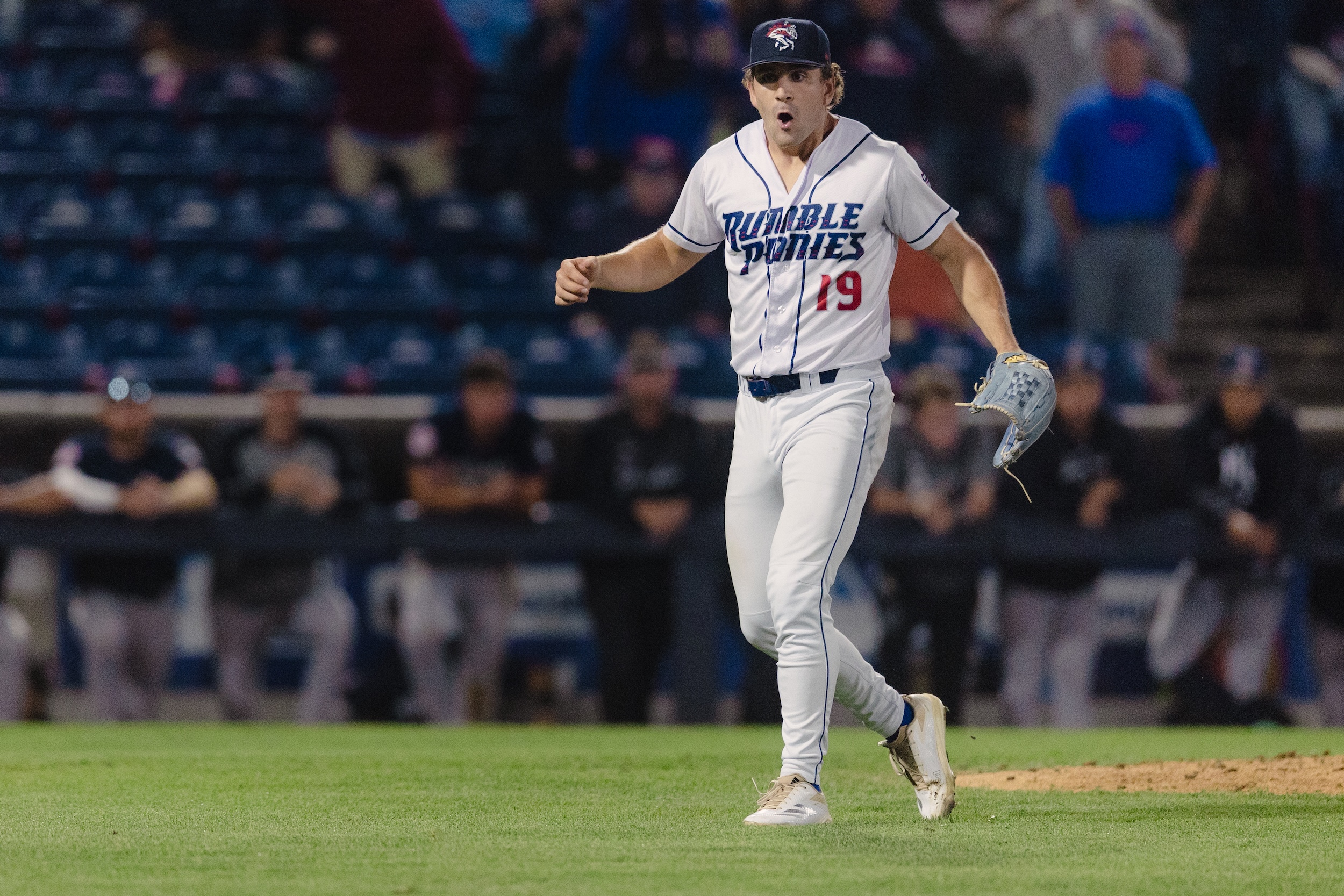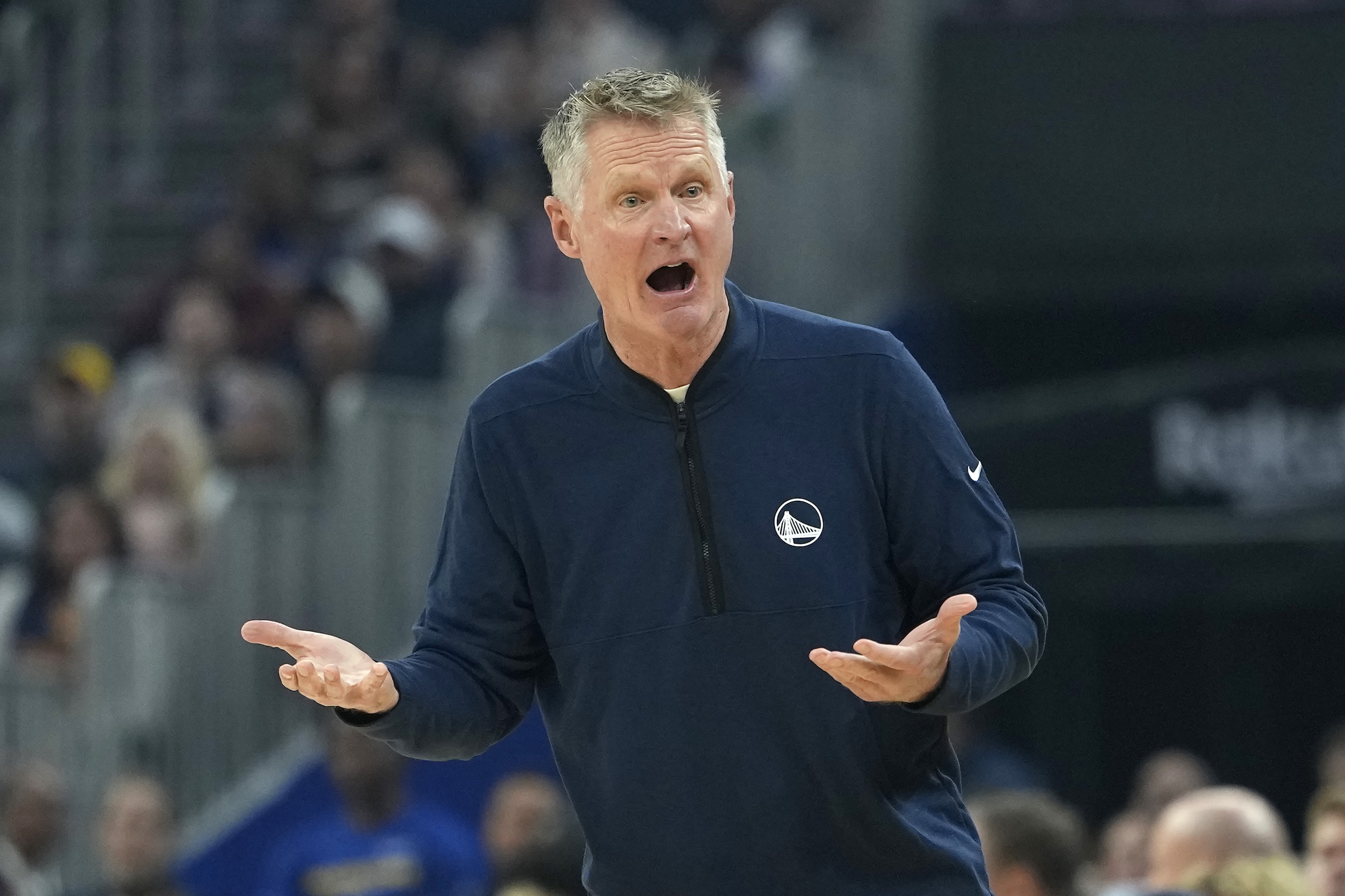The first big trade of the NBA offseason arrived on Sunday, and it was one that no one saw coming: Memphis Grizzlies shooting guard Desmond Bane has been shipped off to the Orlando Magic in exchange for Kentavious Caldwell-Pope, Cole Anthony, and four unprotected first-round picks.
Four first-round picks for a guy who as never made an all-star tea—shhhhh. I am going to keep my index finger pressed to your lips until you finish hearing what I have to say: Yes, a bushel of first-round picks is the kind of thing you expect to see included in a trade package for a real-deal superstar, which Bane is not. But to call this an overpay by the Magic would be to ignore how deals actually get done in the NBA. Players of a certain status are able to heavily influence and in some cases entirely dictate their own movements in the trade market, meaning that if a team like Orlando wants to hoard a pile of first-round picks until a true franchise savior becomes available to them, they are likely to be sitting on those picks forever. You can only play in the corner of the market that's available to you, and Orlando found a big prize in theirs.
Bane solves a whole host of problems for the Magic, who you might have forgotten are pretty good. This is a team that finished 41–41 and made the playoffs despite Paolo Banchero tearing his abdominal muscle six games into regular season, and Franz Wagner and Jalen Suggs missing a combined 69 games. This is a team that was already well-positioned to compete in a weak Eastern Conference with some better injury luck, but now they are adding a player who is perfectly suited to address their biggest flaws.
This season's Magic were in desperate need of creativity and spacing. Banchero and Wagner are two of the biggest, nastiest scorers in the NBA, but both found themselves constantly restrained by a clogged offensive scheme. The Magic shot 31 percent from three-point range this season, dead last in the NBA, and only attempted 35 threes per game. The 23 assists they dished per game were the fewest in the NBA. There wasn't a single player on the Magic roster who finished the season with more than 113 made three-pointers or 284 assists. Bane finished the 2024–25 season with 164 made threes and 369 assists. Suddenly, a team whose best option was giving the ball to Wagner or Banchero at the nail and hoping they could muscle in a shot through horrible spacing has a guy who can spread the floor, create offense for himself, and be a playmaker. If you had to close your eyes and imagine the perfect player to add to this Magic roster, you might come up with someone who looks a lot like Bane: a 6-foot-5 shooting guard who can handle the ball and is a career 41-percent shooter from three.
Just as important is the fact that Bane's presence in the starting lineup should not subtract from any of the things the Magic are already good at, which are being huge and playing nasty defense. Bane is built to thrive in the kind of physicality that has defined this NBA postseason, and the Magic should not have to compromise any of their core defensive values in order to keep him in the lineup. It's that bit that makes this trade feel like such a home run, a feeling that is only increased by the timing of the deal. Depending on the matchup, the NBA Finals can often be treated as a blueprint for the rest of the league: This is what's required to play and win at the highest level. You watch the Pacers and Thunder go at each other, and it feels impossible to imagine, say, the Atlanta Hawks holding up in a series like that. Put Bane on the Magic, though, and it's not hard to imagine that team standing up to the Pacers on any given night, or in any given series. That's another way of saying it's much easier today than it was yesterday to imagine the Orlando Magic making the NBA Finals. That alone is worth as many first-round picks as it takes.






